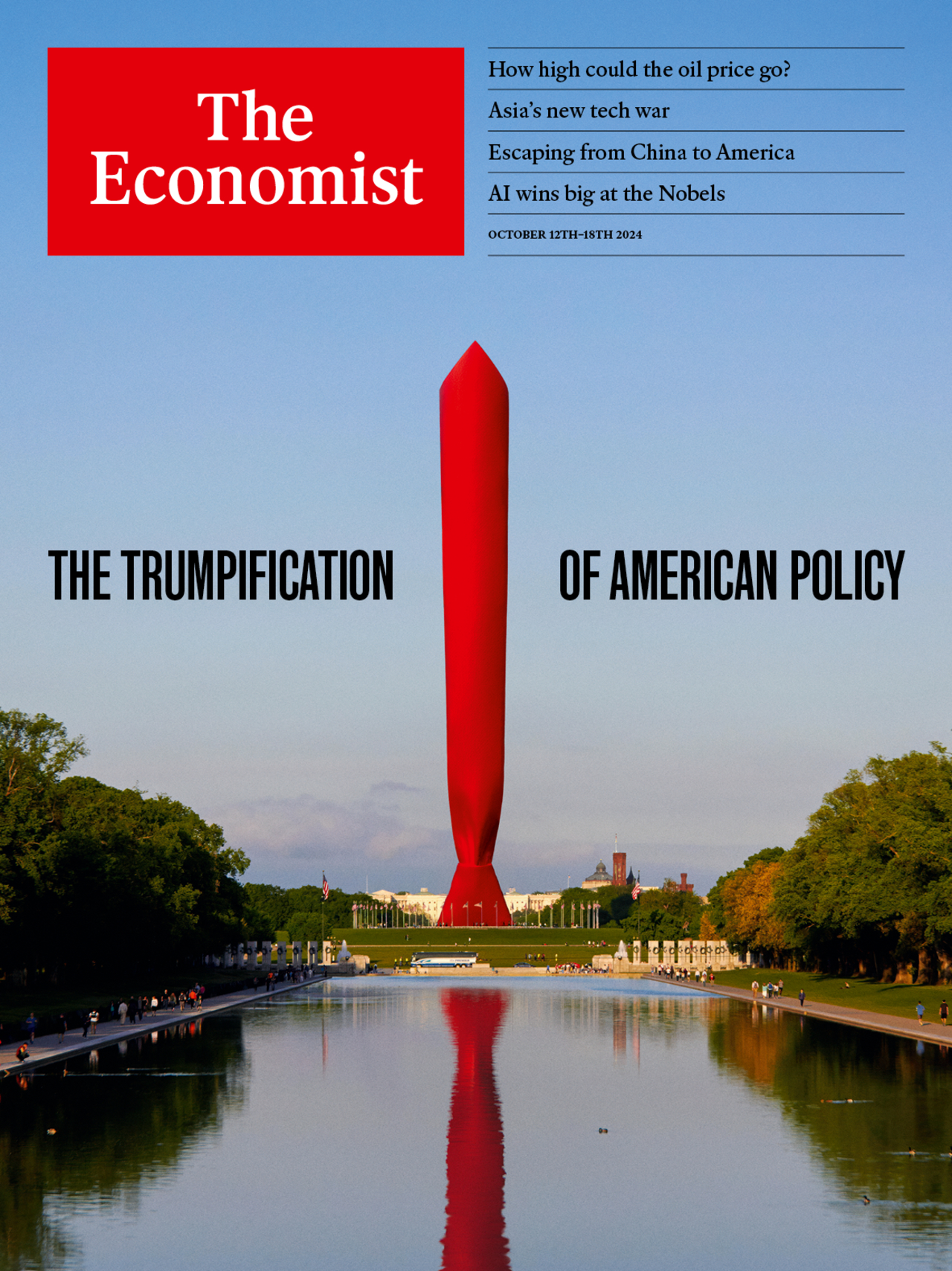China’s property crisis claims more victims: companies
Unsold homes are contributing to a balance-sheet recession

THE FORECLOSURE and court auction of 87 flats in the southern city of Changsha last month underlines many of the problems with China’s property sector. The homes were owned by one woman, flouting the controls that Changsha and other cities have on the number of housing units urban dwellers can buy. The fact that one person was able to acquire so many highlights the backroom dealings that occur frequently. In the past, such speculative activity helped drive up prices and make China’s big cities some of the world’s most unaffordable. The situation, which is under investigation, also shows how rich Chinese often have had few investment options other than apartments. And even these investments now seem shoddy: most of the homes being auctioned in Changsha have gone unsold.
Explore more
This article appeared in the Finance & economics section of the print edition under the headline “Hammered”
Finance & economics October 12th 2024
- How America learned to love tariffs
- Could war in the Gulf push oil to $100 a barrel?
- Europe’s green trade restrictions are infuriating poor countries
- Can markets reduce pollution in India?
- Why have markets grown more captivated by data releases?
- China’s property crisis claims more victims: companies
- How bond investors soured on France
- Can the world’s most influential business index be fixed?
Discover more

Germany’s economy goes from bad to worse
Things may look brighter next year, but the relief will be short-lived

An economics Nobel for work on why nations succeed and fail
Daron Acemoglu, Simon Johnson and James Robinson tackled the most important question of all

Why investors should still avoid Chinese stocks
The debate about “uninvestibility” obscures something important
Europe’s green trade restrictions are infuriating poor countries
Only the poorest can expect help to cushion the blow
How America learned to love tariffs
Protectionism hasn’t been this respectable for decades
Why have markets grown more captivated by data releases?
Especially when the quality of statistics is deteriorating


